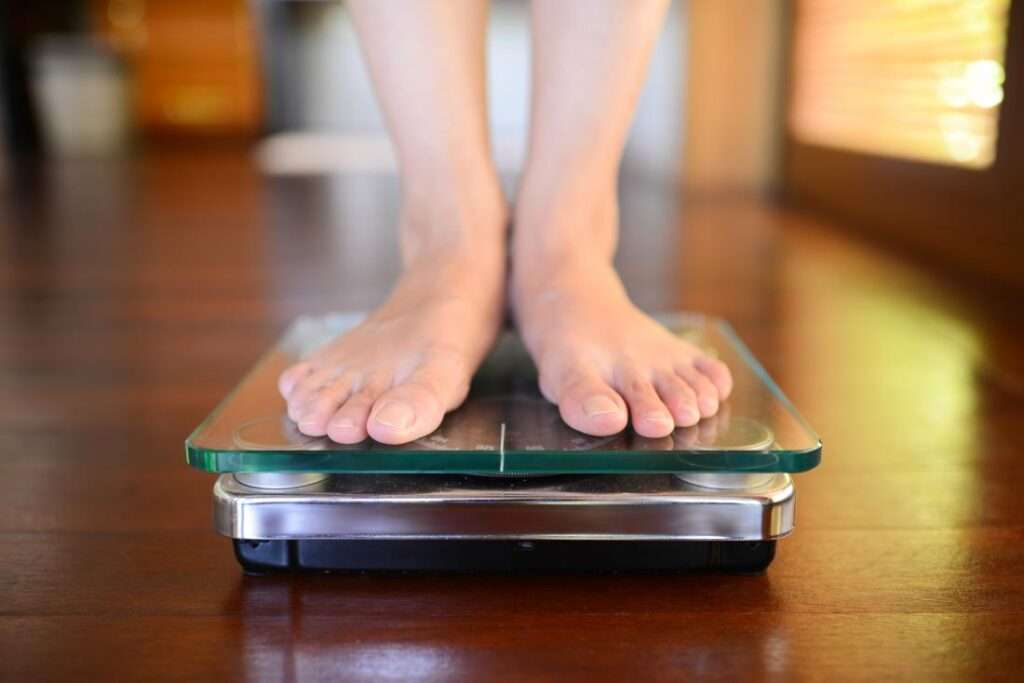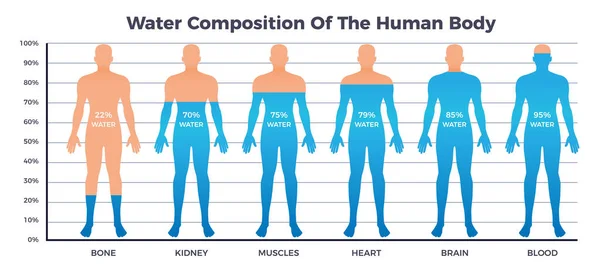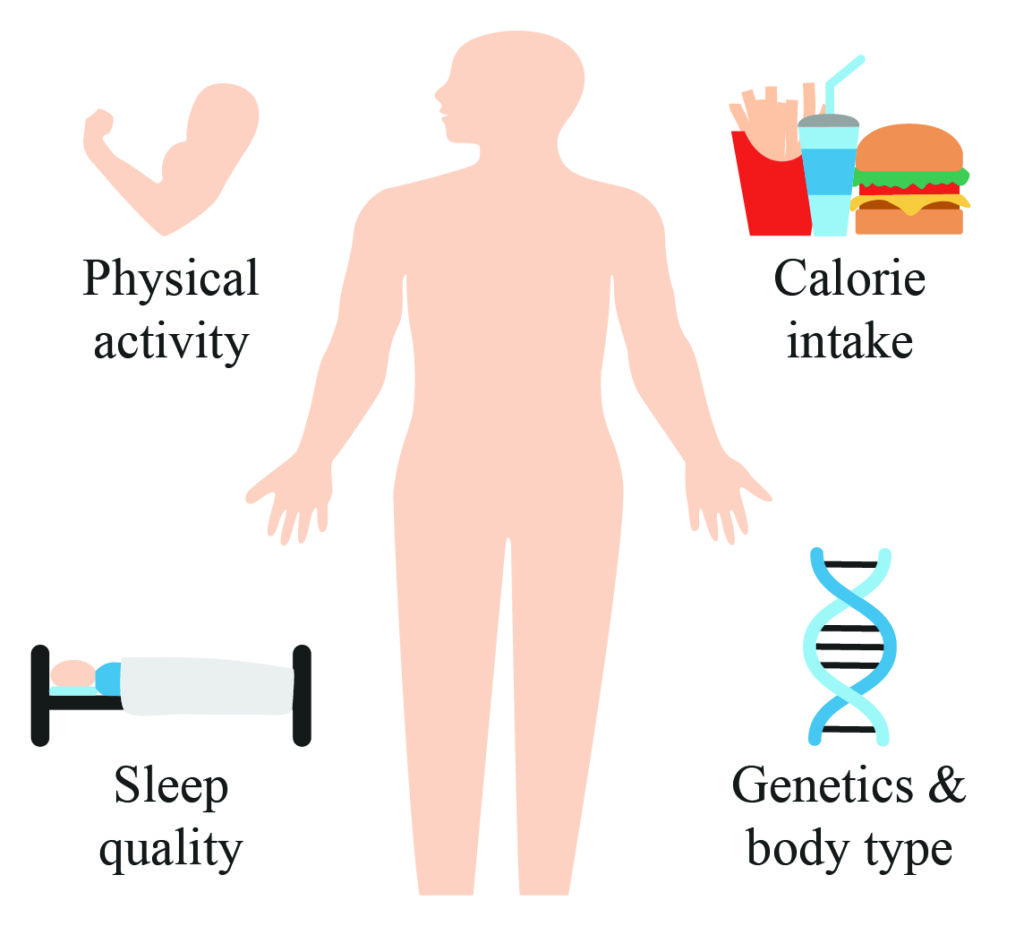what is body composition Analysis?
[current_date]
Get the hard facts on what you’re made of to make focused and clear decisions about your health. Manifest the changes you want to see by documenting your body’s shifts and progress with this invaluable tool.
Learn and know yourself – the better you do, the more informed your decisions will be. SaunaBar’s unique approach to weight loss starts from the inside out. Once you have a clear understanding of how your body ticks, you can make calculated progress toward your transformation goals.

Body fat percentage
For people aged 20 to 39, women should aim for 21% to 32% of body fat. Men should have 8% to 19%. For people 40 to 59, women should fall between 23% to 33% and men should fall around 11% to 21%. If you’re aged 60 to 79, women should have 24% to 35% body fat and men should have 13% to 24%.

Body weight
If your BMI is 18.5 to 24.9, it falls within the Healthy Weight range. If your BMI is 25.0 to 29.9, it falls within the overweight range. If your BMI is 30.0 or higher, it falls within the obese range.
about 70% to 90%
A good lean muscle percentage range should be about 70% to 90% to be considered healthy. That means your body fat percentage ranges from 10-30%. Athletes typically range in the 7-22% body fat. Men tend to be on the higher side with lean mass in the 80-90% range and women in the 70-85% range.

Body water balance
For the average 70 kg man, 60% of the total body weight is comprised of water, equaling 42L. The body’s fluid separates into two main compartments: Intracellular fluid volume (ICFV) and extracellular fluid volume (ECFV).

Segmental lean analysis
Segmental Lean Analysis evaluates whether you have enough muscle in your body and if it is balanced. Increasing the two bars on each segment means you are gaining muscle and if all bars throughout the chart line up, it means that you have an overall muscle balance throughout your body.

Basal metabolic rate (BMI)
Your BMR is: calories/day is calculated by dividing a person’s weight in kilograms by their height in meters squared. A BMI of 18.5 to 24.9 is considered healthy, while a BMI of 25 or higher is considered overweight.

Daily caloric intake (DCI)
Your recommended calorie intake depends on various factors, like age and activity level. Most women need 1,600–2,400 daily calories to maintain their weight. Most men need 2,000–3,000 calories.

